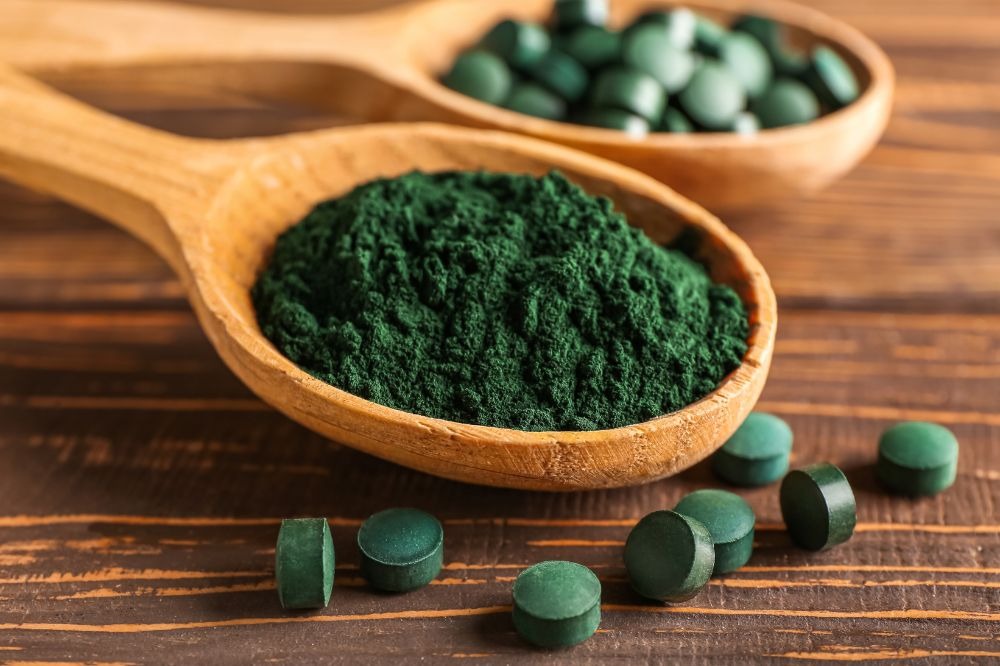
The end of the year often brings a series of gatherings and feasts, leading to increased consumption of rich and fatty foods.
To maintain health during this festive season, incorporating spirulina into your diet can be an effective strategy. Spirulina is rich in gamma-linolenic acid (GLA) and dietary fiber, which aid in digestion and help alleviate the heaviness associated with high-fat meals.
Gamma-Linolenic Acid (GLA): Essential for Fat Metabolism
GLA is an essential fatty acid that the human body cannot synthesize and must obtain through diet. It supports the breakdown and elimination of unhealthy fats in the bloodstream, assisting in reducing cholesterol and triglyceride accumulation. Incorporating GLA into your diet acts as a "cleanser," helping to mitigate the burdens of a high-fat diet.
Dietary Fiber: Promoting Digestive Health
Spirulina contains approximately 8-10% plant-based dietary fiber, which promotes digestive health and regular bowel movements. Dietary fiber also aids in reducing the absorption of excess nutrients, helping you feel lighter after indulgent meals.

Comprehensive Nutritional Profile of Spirulina
Beyond GLA and dietary fiber, spirulina offers a wide array of nutrients, making it an excellent choice for those with unbalanced diets:
- High-Quality Plant Protein: Comprising 55-75% protein, spirulina provides all essential amino acids required by the human body.
- Vitamins: Rich in B-complex vitamins, as well as vitamins C, D, and E, supporting various physiological functions.
- Minerals: Contains potassium, calcium, iron, zinc, and other trace elements vital for maintaining bodily balance and health.
- Other Nutrients: Includes chlorophyll, lutein, and beta-carotene, offering additional health benefits.
Incorporating spirulina into your daily regimen during the festive season can help manage the effects of rich foods and support overall health. Its natural composition and extensive nutritional benefits make it a valuable addition to your diet.













